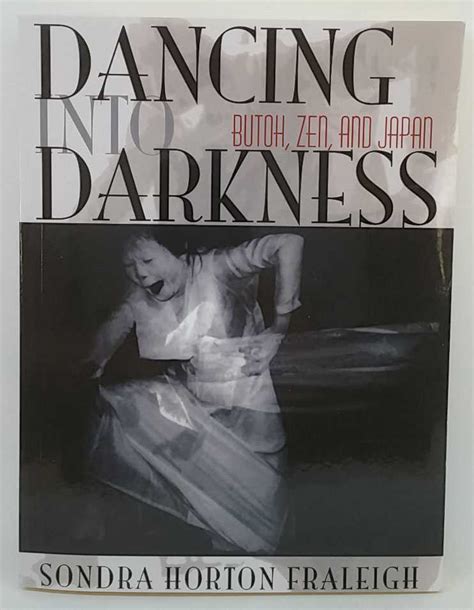A Quote by Herbert Spencer
The essential trait in the moral consciousness, is the control of some feeling or feelings by some other feeling or feelings.
Related Quotes
All of us live at the feeling level, and our feelings are in large part a result of the way we perceive things. You observe or are told something, you interpret it, and only then do you have a reaction at the feeling level. The point is that feeling is preceded by perception, and all of us are capable of controlling our interpretation [the associations and assumptions] of what we see. If we can control our interpretation, then it logically follows that we can exercise some control over our feelings as well.
Is it not possible that the chimpanzees are responding to some feeling like awe? A feeling generated by the mystery of water; water that seems alive, always rushing past yet never going, always the same yet ever different. Was it perhaps similar feelings of awe that gave rise to the first animistic religions, the worship of the elements and the mysteries of nature over which there was no control? Only when our prehistoric ancestors developed language would it have been possible to discuss such internal feelings and create a shared religion.
[... Dance] involves every possible feeling (as potential), because it is of the body, which is lived (inescapably) as a body of feeling. Some of these feelings we can name, and some we cannot, since we associate feelings with language only when we name them. The body lives sentience on a preverbal level. Dance exists first on this primordial level, not on an intellectual plane (even though it requires skill and intelligence). Its inmost substance cannot be reasoned, only experienced.
I know our feelings can be so unbearable that we employ ingenious strategies – unconscious strategies – to keep those feelings away. We do a feelings-swap, where we avoid feeling sad or lonely or afraid or inadequate, and feel angry instead. It can work the other way, too – sometimes you do need to feel angry, not inadequate; sometimes you do need to feel love and acceptance, and not the tragic drama of your life. It takes courage to feel the feeling – and not trade it on the feelings-exchange, or even transfer it altogether to another person.
. . . as to moral feeling, this supposed special sense, the appeal to it is indeed superficial when those who cannot think believe that feeling will help them out, even in what concerns general laws: and besides, feelings which naturally differ infinitely in degree cannot furnish a uniform standard of good and evil, nor has any one a right to form judgments for others by his own feelings. . . .
People don't become inured to what they are shown - if that's the right way to describe what happens - because of the quantity of images dumped on them. It is passivity that dulls feeling. The states described as apathy, moral or emotional anesthesia, are full of feelings; the feelings are rage and frustration.
There are, however, exceptions to this reliance on feelings as evidence of truth: if, for instance, your feelings lead to disbelief instead of belief, they're apt to be dismissed as some form of denial. This is not a common problem. Usually intellectualism, not feeling reality, is blamed for disbelief. But, some angel experts suggest, there may be emotional as well as intellectual barriers to belief: unwillingness to believe in angels can reflect low self-esteem.
Music expresses feeling, that is to say, gives shape and habitation to feeling, not in space but in time. To the extent that music has a history that is more than a history of its formal evolution, our feelings must have a history too. Perhaps certain qualities of feeling that found expression in music can be recorded by being notated on paper, have become so remote that we can no longer inhabit them as feelings, can get a grasp of them only after long training in the history and philosophy of music, the philosophical history of music, the history of music as a history of the feeling soul.









































